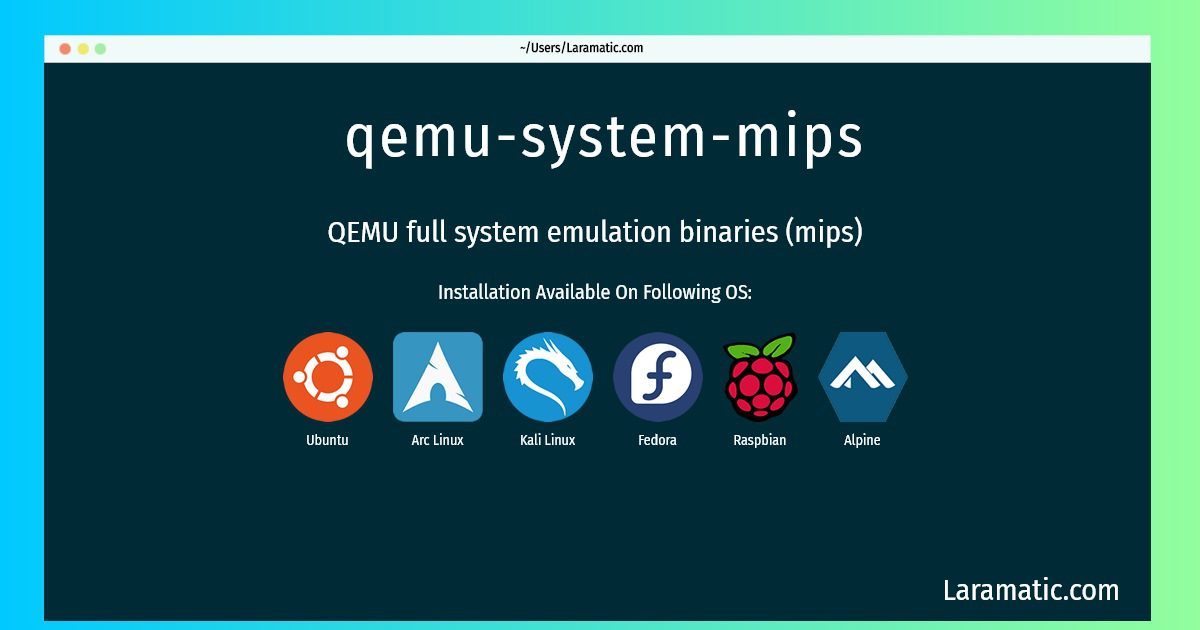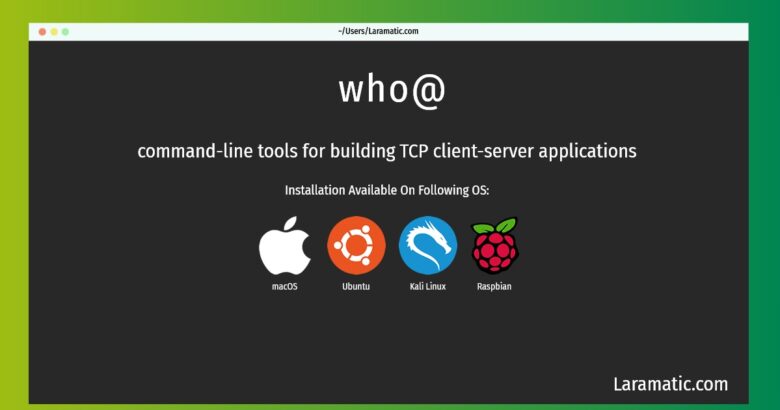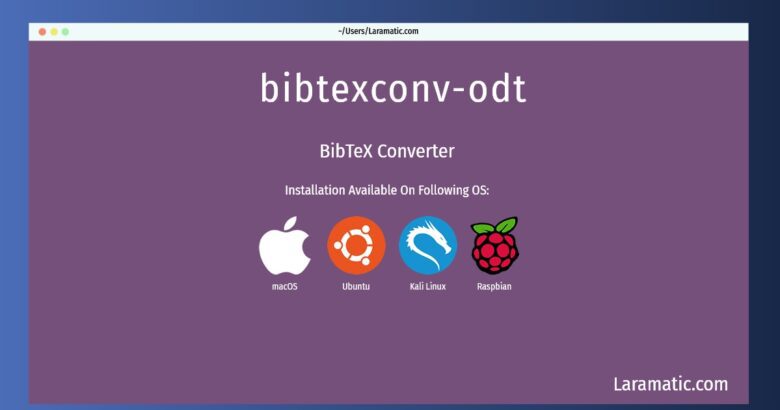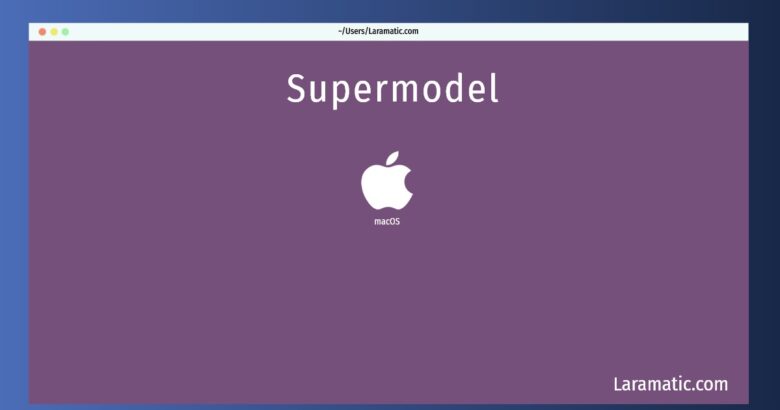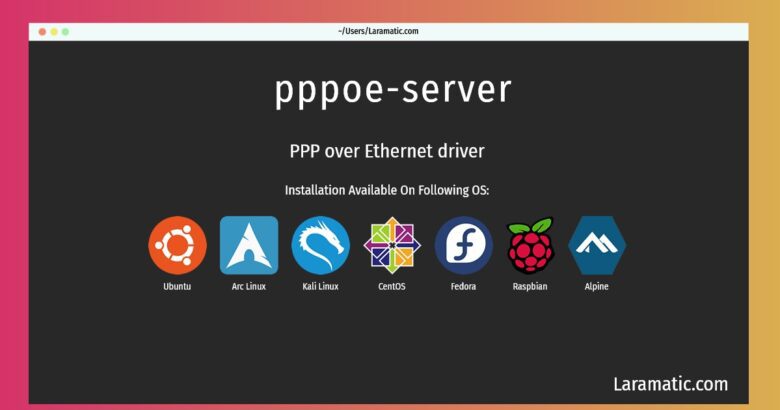Qemu-system-mips Command
Install qemu-system-mips
-
Debian
apt-get install qemu-system-mipsClick to copy -
Ubuntu
apt-get install qemu-system-mipsClick to copy -
Alpine OS
apk add qemu-system-mipsClick to copy -
Arch Linux
pacman -S qemu-system-mipsClick to copy -
Kali Linux
apt-get install qemu-system-mipsClick to copy -
Fedora
dnf install qemu-system-mipsClick to copy -
Raspbian
apt-get install qemu-system-mipsClick to copy
qemu-system-mips
QEMU full system emulation binaries (mips)QEMU is a fast processor emulator: currently the package supports MIPS emulation. By using dynamic translation it achieves reasonable speed while being easy to port on new host CPUs. This package provides the full system emulation binaries to emulate the following mips hardware: mips mipsel mips64 mips64el. In system emulation mode QEMU emulates a full system, including a processor and various peripherals. It enables easier testing and debugging of system code. It can also be used to provide virtual hosting of several virtual machines on a single server.
qemu-system-mips-core-2
2.9.0-1.fc26.1.x86_64 : QEMU system emulator for MIPSqemu-arch-extra
QEMU for foreign architecturesqemu-headless-arch-extra
QEMU without GUI, for foreign architecturesqemu-system
QEMU full system emulation binariesQEMU is a fast processor emulator: currently the package supports ARM, CRIS, i386, M68k (ColdFire), MicroBlaze, MIPS, PowerPC, SH4, SPARC and x86-64 emulation. By using dynamic translation it achieves reasonable speed while being easy to port on new host CPUs. This metapackage provides the full system emulation binaries for all supported targets, by depending on all per-architecture system emulation packages which QEMU supports.

